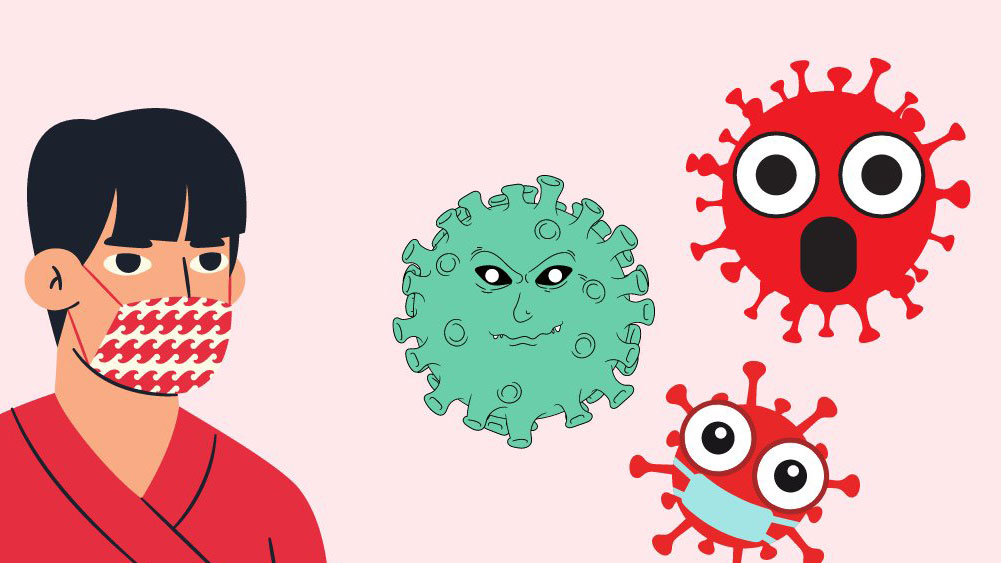The emergence of the Omicron variant does not essentially mean things will be worse but they will be uncertain, according to World Health Organistaion (WHO) Regional Director for South East Asia, Dr Poonam Khetrapal.
Speaking to NDTV she said that despite the fear looming large, initial data from South Africa suggests milder disease effect than the Delta variant. However she is concerned about the high risk of re-infection that the Omicron variant poses. She also points out that it is early to provide a definitive report.
“WHO has called countries to submit more samples so that experts can study the data and get a clearer picture of severity and symptoms of the Omicron variant. Studies are ongoing to analyse Omicron's transmissibility, severity, re-infection risk, immune escape potential, clinical presentation, response to other available countermeasures, and so on," Khetrapal said.
She added that the concerning feature of Omicron is its global spread and large number of mutations, and this could have a major impact on the course of the pandemic.
The WHO official has urged countries to not let their guard down even though there has been a decline in the active number of Covid cases in South- East Asia. “Rather, we must continue to strengthen surveillance, public health, social measures and rapidly scale our vaccination coverage,” Khetrapal elaborated.
On vaccinated people getting infected, she said, "Although vaccines reduce the chance of being infected, they do not completely prevent it. Currently available vaccines provide protection against severe disease and death, efforts should be intensified to jab senior citizens, healthcare workers and children," she said.
Elaborating further, she stressed, "It is also important to monitor pressure on the healthcare system like the number of beds. Comprehensive, tailored and timely public health and social measures must continue to contain transmission. The earlier the measures are implemented, the less restrictive they need to be effective. All efforts to scale up vaccination must continue."











